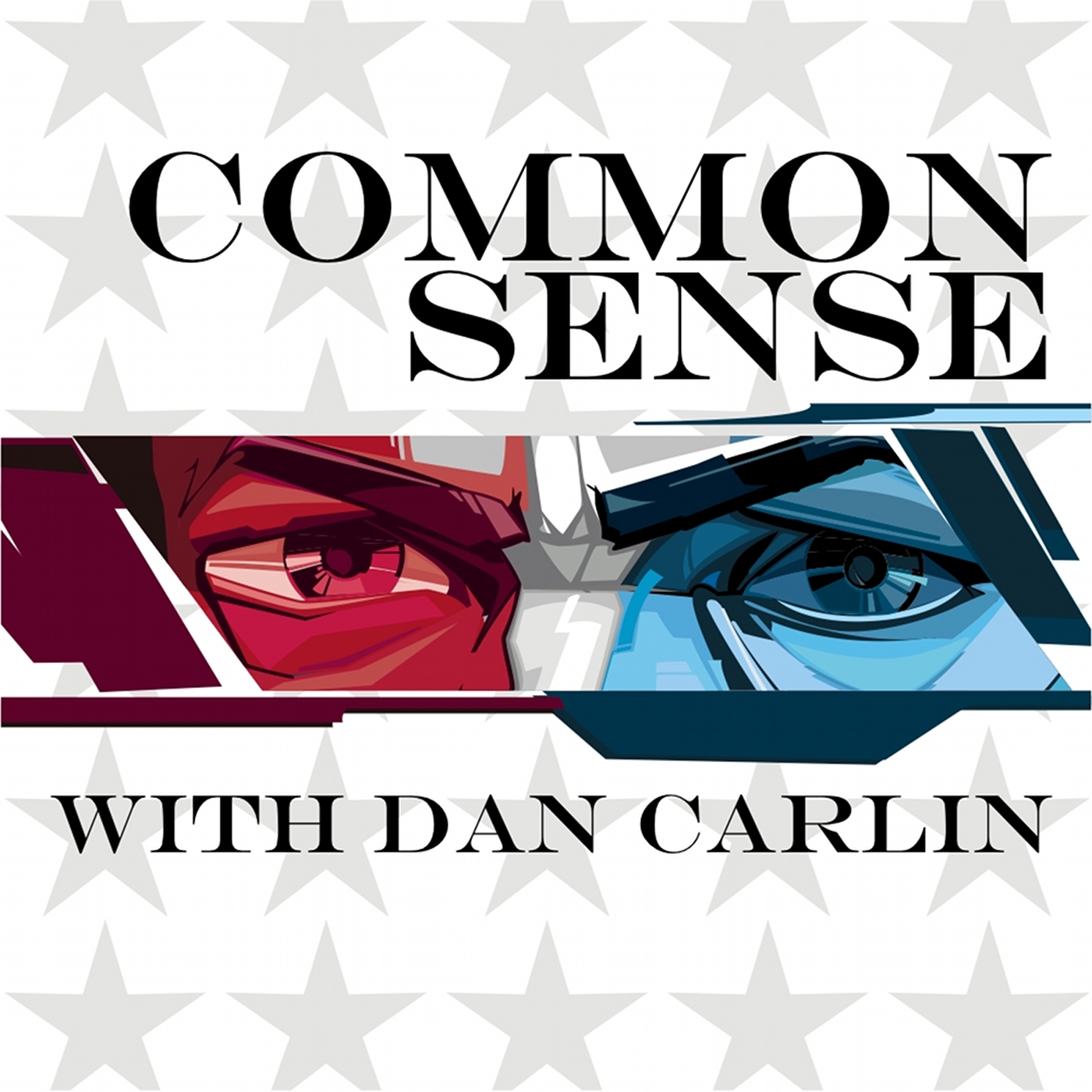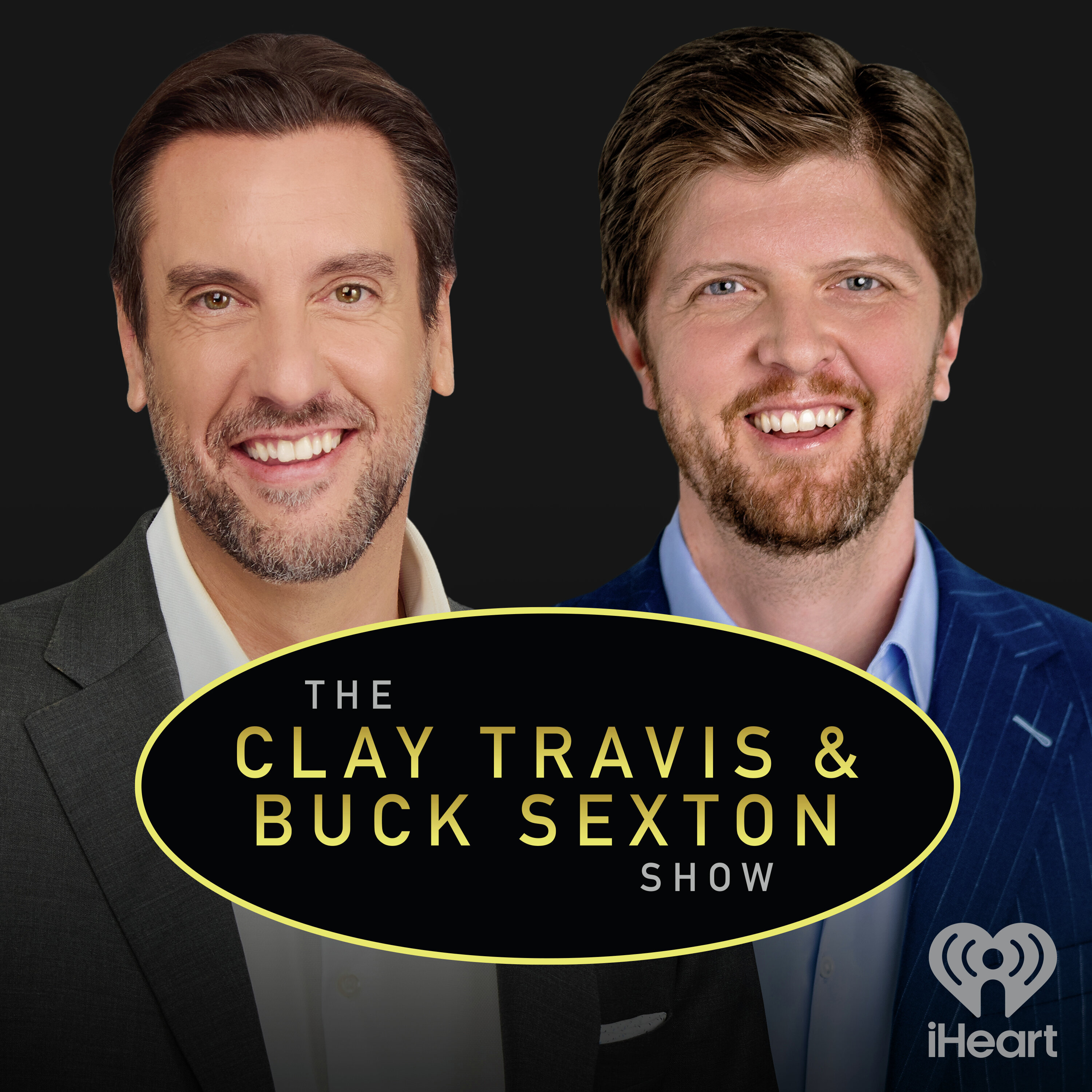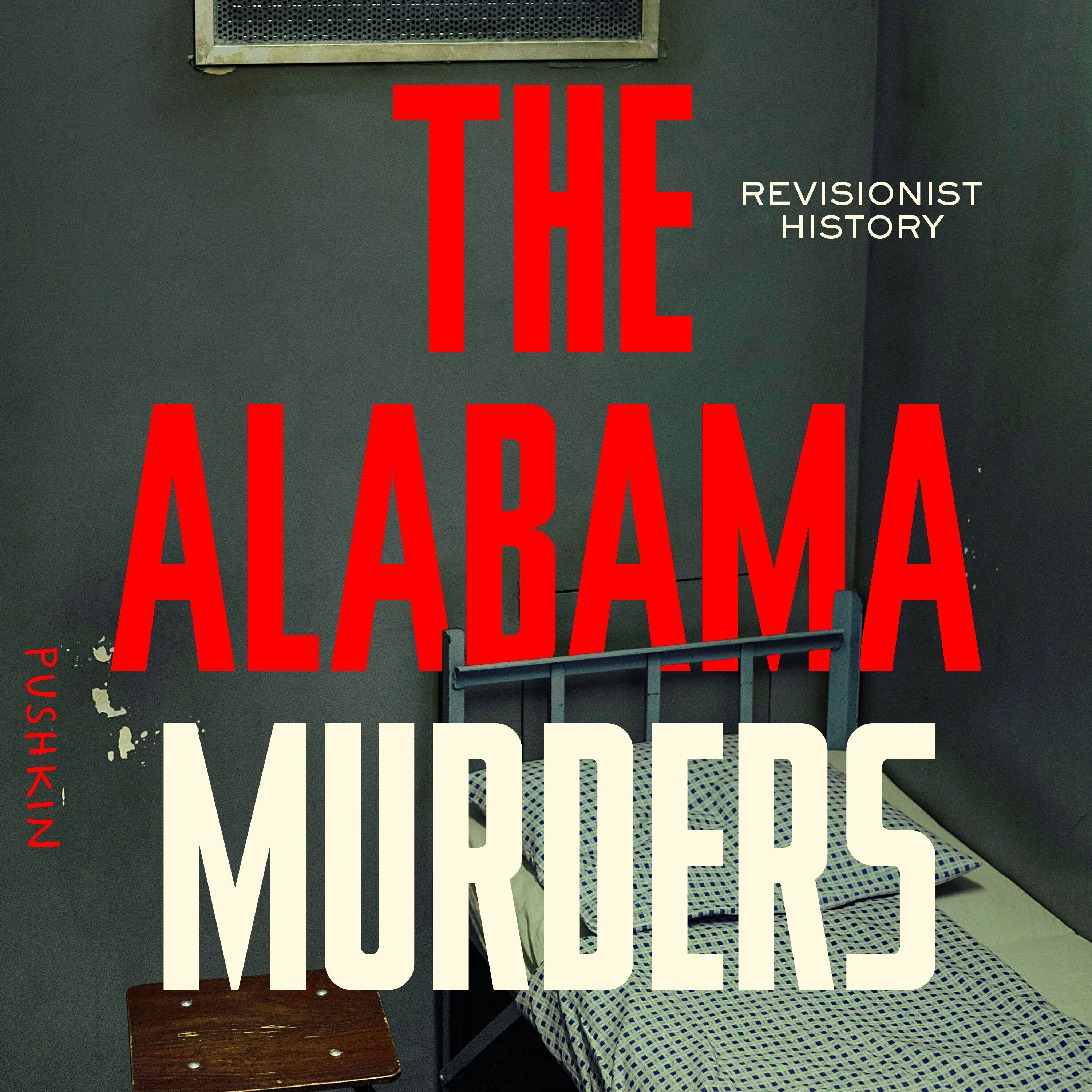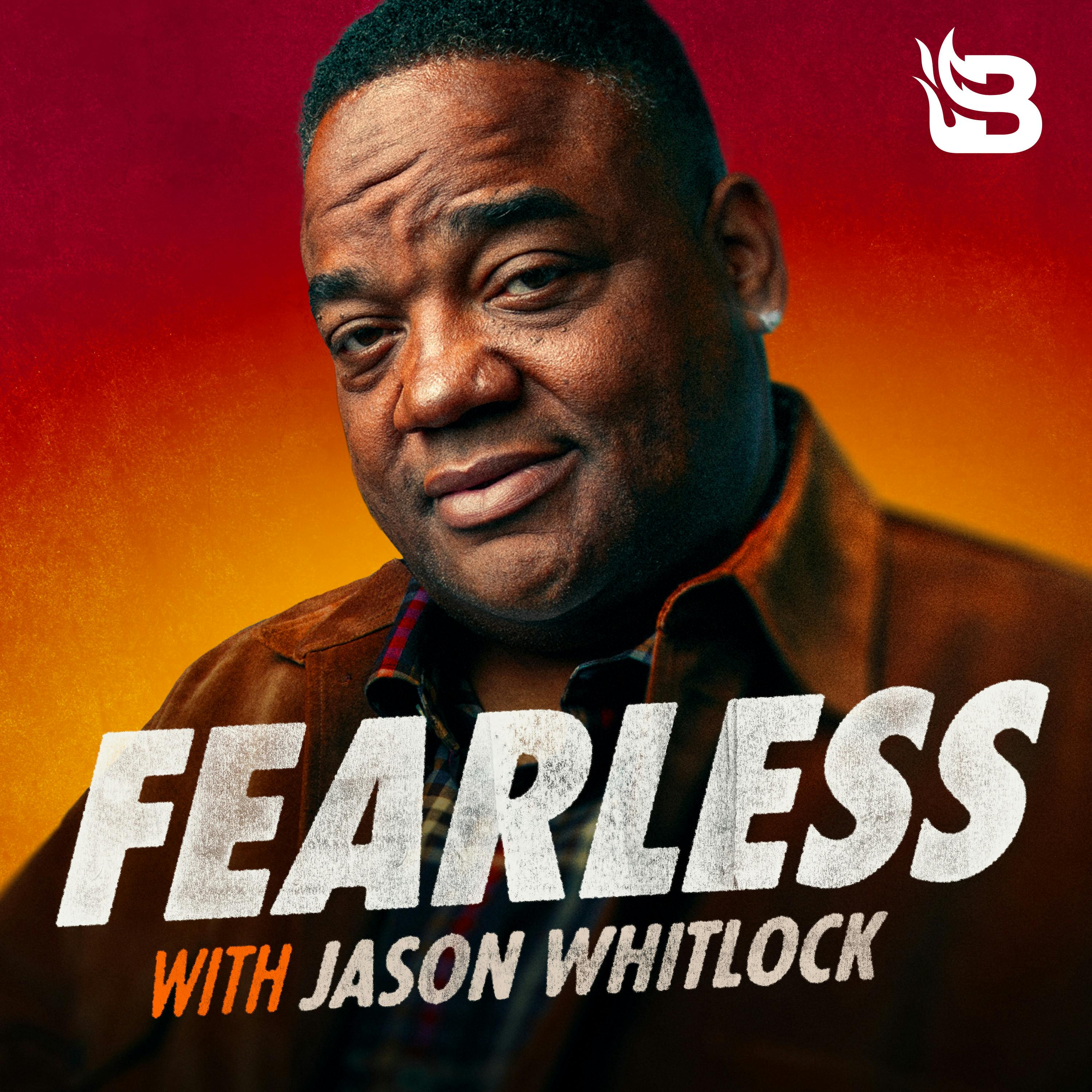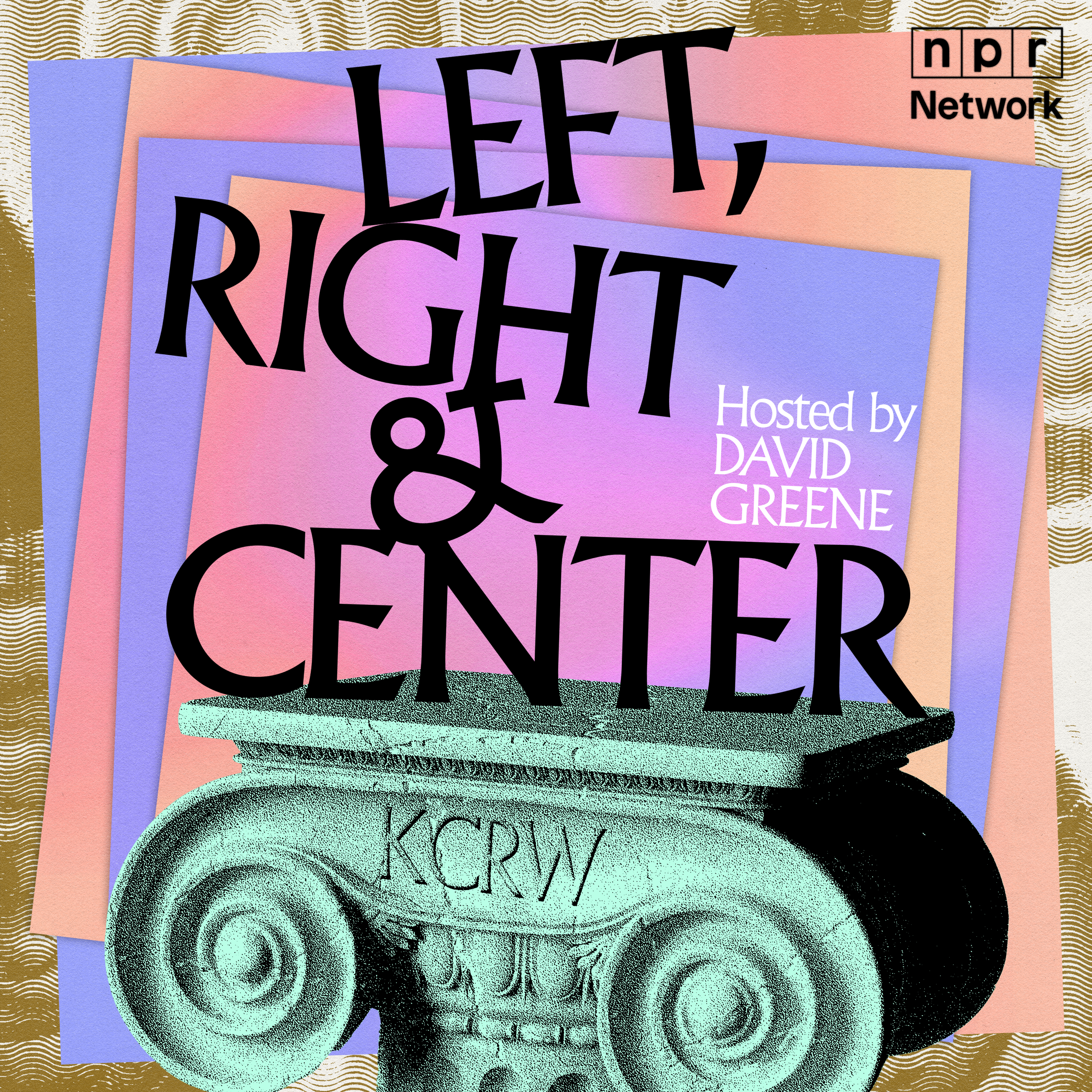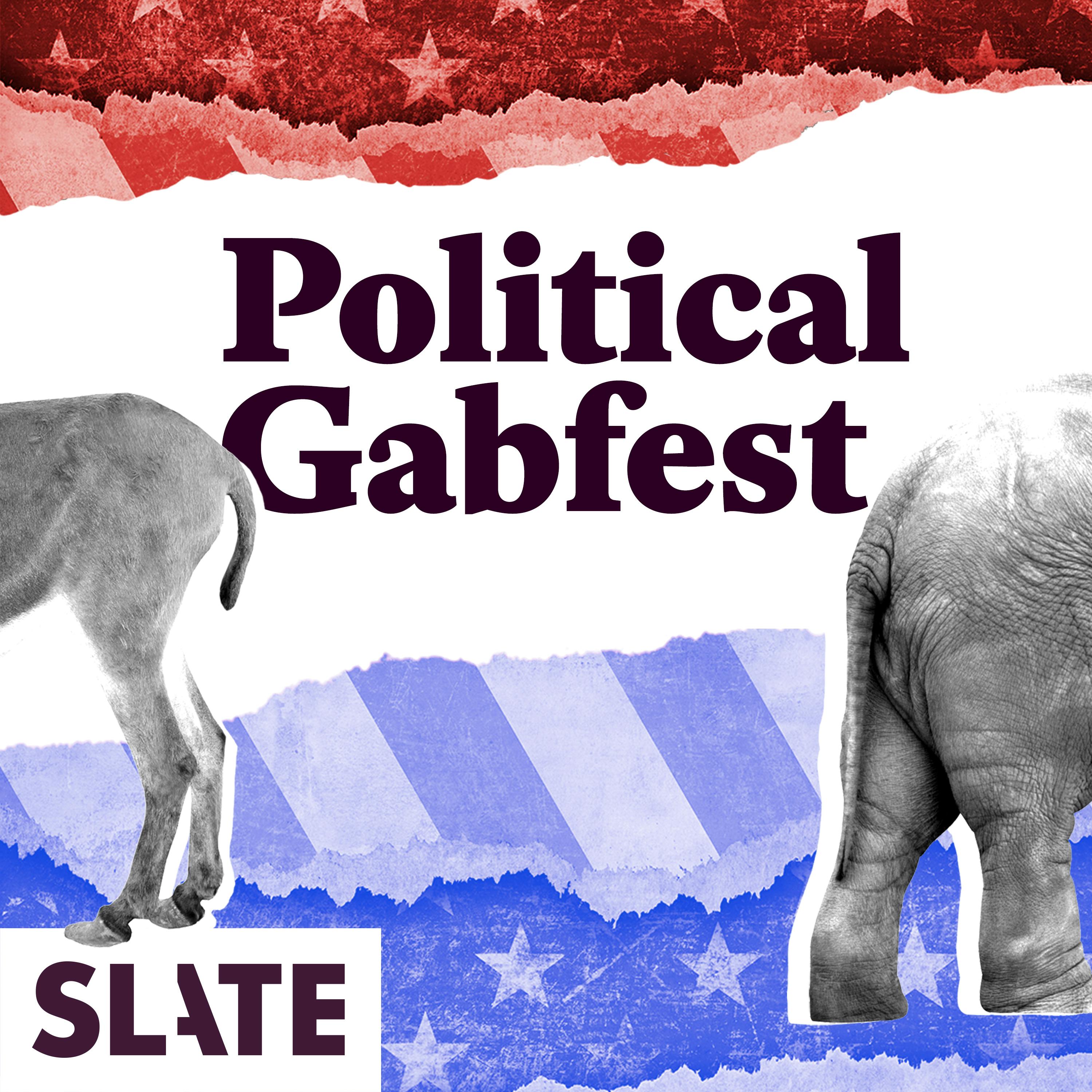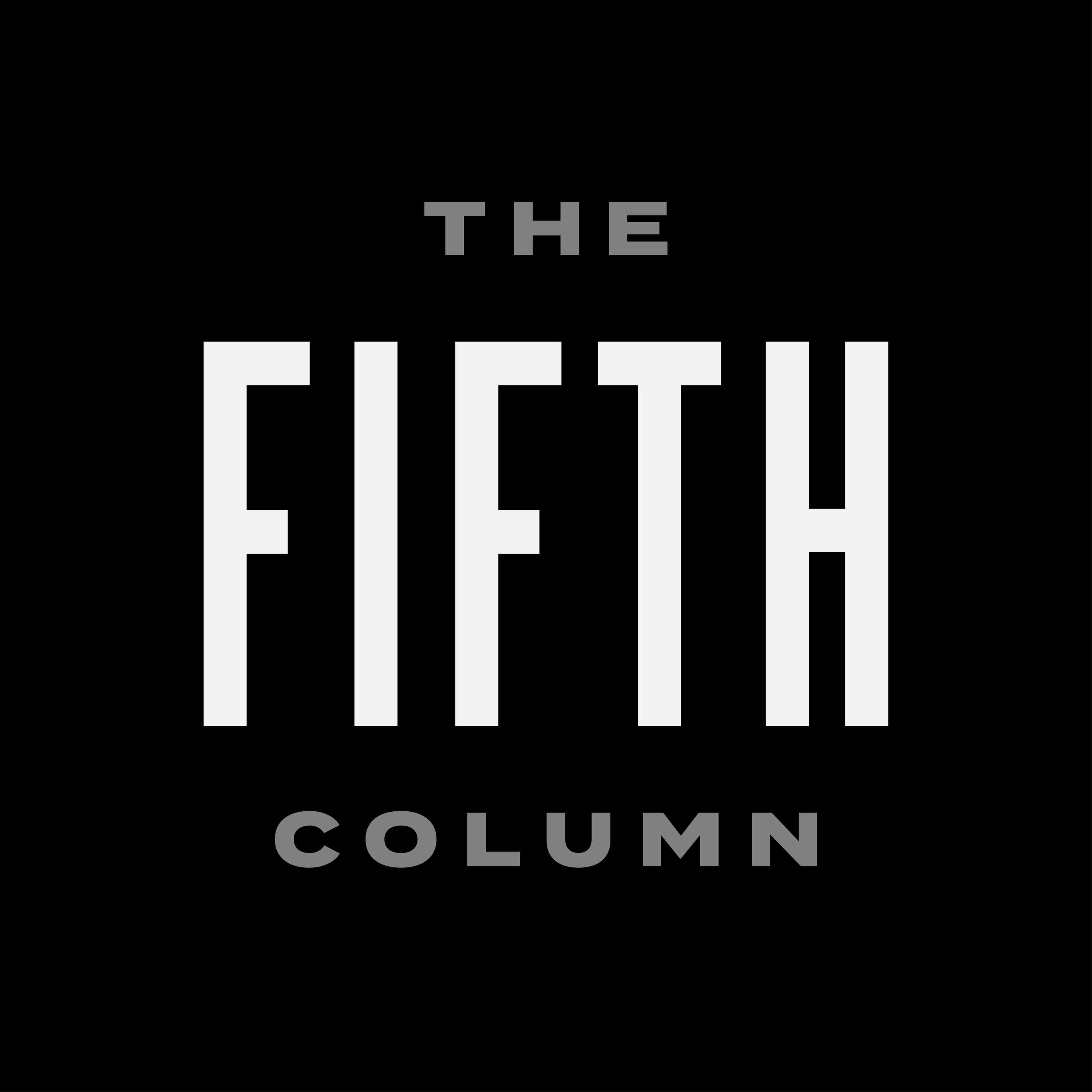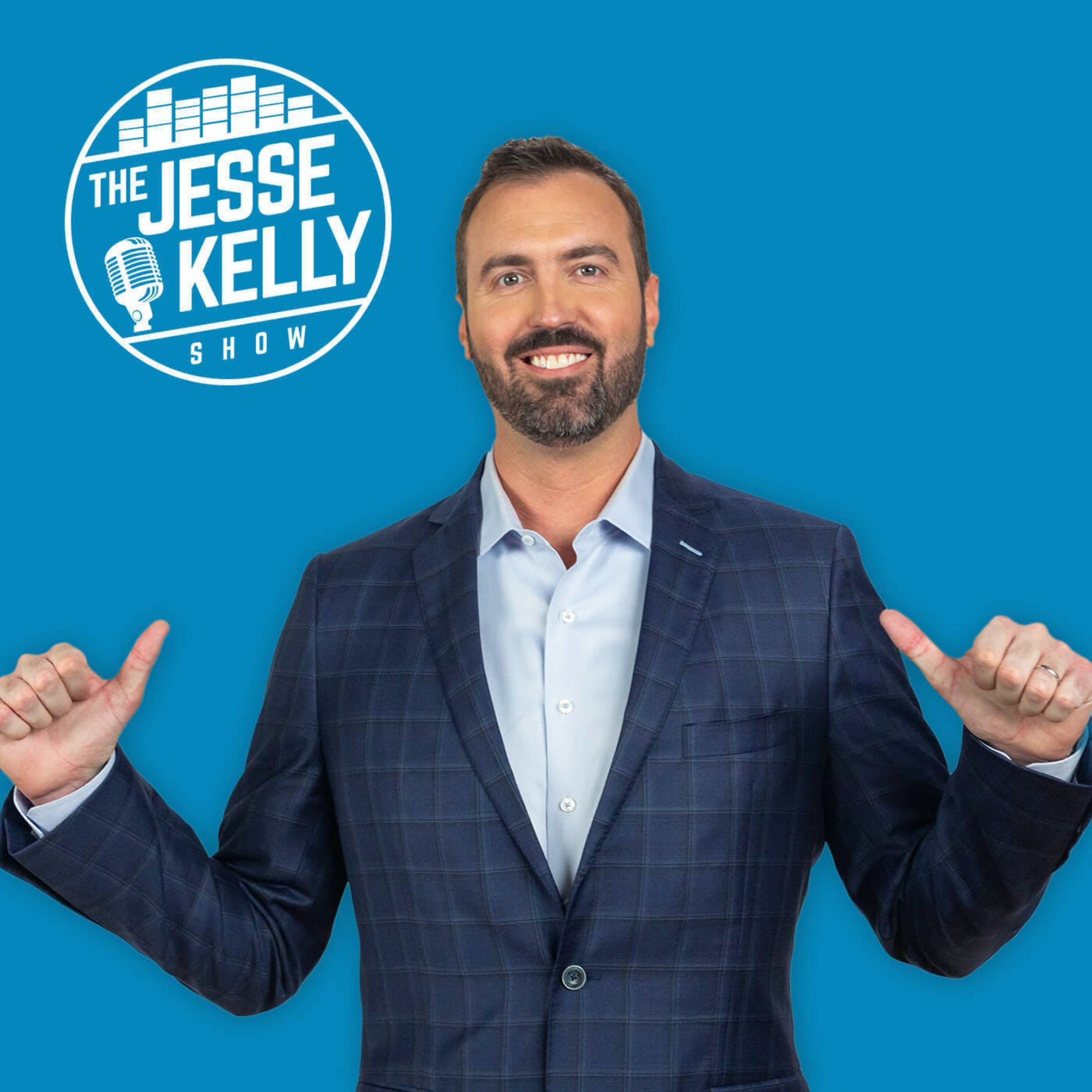
Think First with Jim Detjen
Think First is a short-form podcast that makes you pause — before you scroll, share, or believe the headline.
Hosted by Jim Detjen, a guy who’s been gaslit enough to start a podcast about it, Think First dives into modern narratives, media manipulation, and cultural BS — all through the lens of gaslighting and poetic truth.
Some episodes are two minutes. Some are ten. It depends on the story — and the energy drink situation.
No rants. No lectures. Just sharp questions, quick insights, and the occasional laugh to keep things sane.
Whether you’re dodging spin in the news, politics, or that “trust me, bro” post in your feed… take a breath. Think first.
Visit Gaslight360.com/clarity to sharpen your BS filter and explore the 6-step clarity framework.
Think First with Jim Detjen
Brotherhood (Not Bureaucracies) · What the Ivy League Used to Get Right
The Ivy League was never perfect.
But it used to produce loyalty, grit, and real leadership — forged through brotherhood, not bureaucracy.
Today? The final clubs, eating clubs, and secret societies that once shaped generations have been sidelined… replaced by curated cohorts, DEI offices, and a fear of unfiltered conversation.
Jim Detjen — Army veteran, Harvard dad (x2), and cultural strategist — unpacks what the Ivy League used to stand for, what it’s become, and why the rest of America should care.
Inspired by Lucca Ruggieri’s essay, “Brotherhood, Not Bureaucracies,” published at The American Mind.
Includes dry wit, personal stories, a shoutout to Legally Blonde, and one brutal question:
Can you engineer belonging… or does it have to be earned?
Stay sharp. Stay skeptical. #SpotTheGaslight
Read and reflect at Gaslight360.com/clarity
This is Think First, where we don't follow the script. We question it Because, in a world full of poetic truths and professional gaslighting, someone's got to say the quiet part out loud. Why is it that the Ivy League used to be the heartbeat of the American elite but now sounds like an HR department on a diversity retreat? Why can you quote Dead Poets Society or the Skulls and still sense that whatever used to be real about these places has been quietly erased? And what happens to a society when its oldest brotherhoods are replaced by committees built to monitor belonging? We're told this is progress. But what if it's not? And today we're going there. You don't need an Ivy League degree to feel it. Just stream a few movies and scroll your feed.
Speaker 1:Once these schools evoked mystery, power, codes of honor, the quiet weight of legacy. Now they issue press releases about safe spaces. The eating clubs of Princeton, where generations formed unspoken bonds over long meals, now feel like something the administration has to apologize for. The final clubs at Harvard, once elite social crucibles love them or hate them have been pushed to the margins like some kind of ideological contagion and Yale it's secret societies, those quiet incubators of ambition and trust are being treated like relics of a shameful past, not because they failed, but because they can't be controlled. And that is the real threat. Let's add Colombia to the map, because if there's one place that's become a masterclass in ideological bureaucracy, it's Colombia. No longer content to educate the elite, colombia is now determined to reprogram them, not through ideas, but through structures, training sessions, bias, response teams, new departments with names that sound more like non-profit startups than educational entities.
Speaker 1:Their recent chaos, from anti-Semitic sit-ins to faculty meltdowns, isn't a glitch. It's a feature of the new model. Dismantle the old forms of trust. Replace them with bureaucratic rituals of control. Here's what the bureaucrats don't get.
Speaker 1:The Ivy League's true magic never came from the policies. It came from the unsupervised moments late-night debates in dorm rooms, the whispered conversations in cloisters, the pranks, the fights, the loyalty forged when no adult was watching. You don't build that with a handbook, you don't create that through an office of inclusion, and you sure as hell don't regulate it with a Google form. Those great clubs and societies, they weren't just social diversions. They were soft crucibles, mini crucibles of hierarchy, personality, tension and trust. You got in not because you filed a petition, but because someone believed you belonged. It wasn't always fair, it wasn't always kind, but it was real. Now they're building artificial replacements faculty-led affinity groups, curated identity experiences, peer mentors trained to say things like I hear your truth instead of shut up and pass the bourbon. To say things like I hear your truth instead of shut up and pass the bourbon.
Speaker 1:Ask yourself, why are the same institutions that once forged the men who led America through war markets and revolutions now producing consultants for McKinsey and Bain, finance guys at Goldman and JP Morgan and, yes, emotionally fragile policy interns? What changed it wasn't the students, it wasn't even the world, it was the decision to sacrifice brotherhood on the altar of bureaucracy, to trade, risk, for control, depth, for process, memory, for messaging. Now here's the gaslight. They told us the old Ivy League was exclusionary, patriarchal, flawed. Fair enough it was, but what they built instead isn't inclusive, it's hollow. The old brotherhoods were messy but magnetic. They built bonds that transcended generations. The new systems, they build resumes. You don't leave them changed, you leave them credentialed, and that's not the same thing.
Speaker 1:Let me speak from experience. I've got two kids at Harvard and I spend a lot of time in Cambridge on campus and conversations watching it all unfold. As a parent, I'm active in the Harvard alumni and parent community. I've spent time on campus, sat in meetings, listened closely and after a while you start to notice the pattern, the gap between what the institution says it values and what actually shapes people. Now put that next to my time in the United States Army Infantry in the 90s, a world where values weren't printed on banners, they were lived, tested and earned. We didn't have DEI trainings, we didn't hold space or form committees. We had real diversity of background, belief, grit, and it worked. Because we didn't manage it. We trusted each other, we respected the mission and we got very comfortable being uncomfortable. That's what forms brotherhood.
Speaker 1:The Ivy League used to know this. Now they run from it. Here's a question for you If Harvard's final clubs and Yale's secret societies were so toxic, why are their most powerful alumni still bonded through them? Why do Supreme Court justices, senators, presidents still keep those unspoken ties long after the faculty lounge moved on? It's not because they shared a seminar, it's because they shared a right. It's not because they shared a seminar, it's because they shared a right.
Speaker 1:Let me leave you with this. Real brotherhood can't be engineered. It can't be rebranded with words like cohort or allyship. It's forged in challenge, protected by silence and revealed in moments when no one's watching. That's what gave the Ivy League its mystique Not the buildings, not the endowments, not the branding, but the truth that somewhere behind the prestige and politics was a circle of men or women who would fight for each other, and we are starving for that again.
Speaker 1:You don't need all the answers, but you should question the ones you're handed, even if they're written in Garamond on Harvard letterhead. If this resonated, you might want to read the article that sparked it all Brotherhood, not Bureaucracies, by Luca Ruggieri over at the American Mind. It's smart, sharp and honest, even if you didn't go to Harvard. Until next time, stay skeptical, stay curious and always think first. And if you're curious about what the old school Ivy League man actually was, try books like the Company they Keep by Diana Schaub, god and man at Yale by William F Buckley Jr or, for a fictional dose, a Separate Peace by John Knowles. None of them require an alumni login, just a working brain and maybe a bit of backbone. It also pairs nicely with your favorite Ivy League films the Social Network, the Paper Chase, a Beautiful Mind, good Will Hunting and a family classic in our house Legally Blonde. Different kind of law review, same energy. Thank you.






